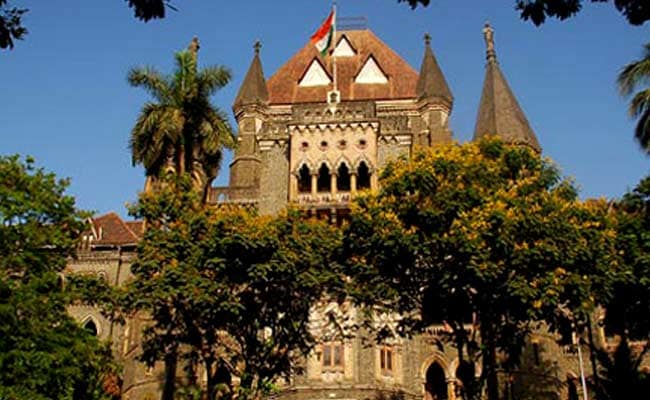
Bombay High Court asked Maharashtra government if it believed people with criminal records had no rights
Mumbai:
The Bombay High Court today asked the Maharashtra government if it believed that people with criminal records had no right to a safe life.
The government invited the high court's ire after it submitted that it had decided not to extend police protection to persons who had a criminal record, since any threat to their lives was a consequence of their own actions.
They are involved in criminal activities and hence, they have a threat to their lives, public prosecutor Abhinandan Vagyani said.
"It is because of their own doing and hence, we have decided not to give them police protection," Mr Vagyani said.
A bench of Chief Justice Manjula Chellur and Justice MS Sonak, however, asked if this meant that the state believed those with criminal records had no right to a safe life.
"What nonsense is this? Are you saying that those who have a criminal record do not have any rights? Can anyone come and kill them just like that?" Chief Justice Chellur said.
The bench was hearing a public interest litigation (PIL) filed by a lawyer, seeking directions to the state police to recover dues from VIPs, including politicians, and film actors, who have been provided security cover, but have not paid the charges for the same.
As per the PIL, around 1,000 personnel from the state police are deployed for providing protection to private individuals.
The plea also claims that about 600 policemen in Mumbai are deployed for protection duty.
On the last hearing in September this year, the bench had directed the state government to revisit its policy on providing police protection to private persons.
It had also said that such protection must be provided to private persons only in the rarest of rare cases.
In compliance with the order, Mr Vagyani told the HC that the state authorities consulted the advocate general and the additional commissioner of police, Mumbai, and then came up with a proposal revising its policy on police protection.
He said the above suggestions were a part of this revised policy.
The bench, however, dismissed the new proposal submitted by Mr Vagyani, saying it was apparent that the authorities had not applied their mind to it.
"You have simply changed a few lines in the old policy of the year 2000. It is vague and an absolute nonsense. If this has been done after consulting with senior police and legal officers, if this is the decision of our officers, then God save the public," Chief Justice Chellur said.
"How can you expect the court to approve such a vague proposal?" she asked.
The high court has now summoned the advocate general on the next date of hearing, on November 30.
The government invited the high court's ire after it submitted that it had decided not to extend police protection to persons who had a criminal record, since any threat to their lives was a consequence of their own actions.
They are involved in criminal activities and hence, they have a threat to their lives, public prosecutor Abhinandan Vagyani said.
"It is because of their own doing and hence, we have decided not to give them police protection," Mr Vagyani said.
A bench of Chief Justice Manjula Chellur and Justice MS Sonak, however, asked if this meant that the state believed those with criminal records had no right to a safe life.
"What nonsense is this? Are you saying that those who have a criminal record do not have any rights? Can anyone come and kill them just like that?" Chief Justice Chellur said.
The bench was hearing a public interest litigation (PIL) filed by a lawyer, seeking directions to the state police to recover dues from VIPs, including politicians, and film actors, who have been provided security cover, but have not paid the charges for the same.
As per the PIL, around 1,000 personnel from the state police are deployed for providing protection to private individuals.
The plea also claims that about 600 policemen in Mumbai are deployed for protection duty.
On the last hearing in September this year, the bench had directed the state government to revisit its policy on providing police protection to private persons.
It had also said that such protection must be provided to private persons only in the rarest of rare cases.
In compliance with the order, Mr Vagyani told the HC that the state authorities consulted the advocate general and the additional commissioner of police, Mumbai, and then came up with a proposal revising its policy on police protection.
He said the above suggestions were a part of this revised policy.
The bench, however, dismissed the new proposal submitted by Mr Vagyani, saying it was apparent that the authorities had not applied their mind to it.
"You have simply changed a few lines in the old policy of the year 2000. It is vague and an absolute nonsense. If this has been done after consulting with senior police and legal officers, if this is the decision of our officers, then God save the public," Chief Justice Chellur said.
"How can you expect the court to approve such a vague proposal?" she asked.
The high court has now summoned the advocate general on the next date of hearing, on November 30.
Track Latest News Live on NDTV.com and get news updates from India and around the world

